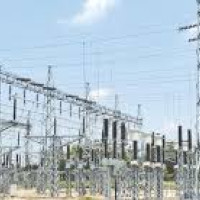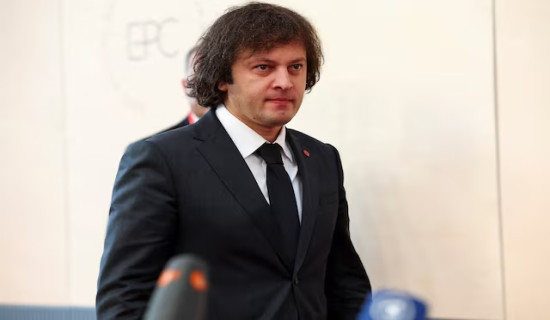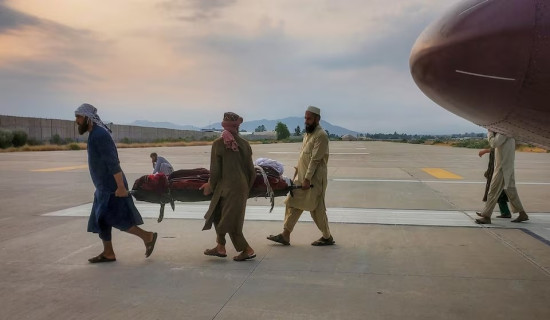- Monday, 16 February 2026
Qantas orders special Airbus jets for world's longest non-stop flight
By Jamie Freed, SYDNEY, May 2 - Qantas Airways (QAN.AX) will fly non-stop from Sydney to London after ordering a dozen special Airbus (AIR.PA) jets, charging higher fares in a multi-billion dollar bet that fliers will pay a premium to save four hours on the popular route.
To be launched late in 2025, the flights will use A350-1000 aircraft specially configured with extra premium seating and reduced overall capacity to ferry up to 238 passengers on a 20-hour trip - the world's longest direct commercial flight.
The long-discussed breakthrough will give Qantas a marketing boost on what has long been called the "kangaroo route" - because all flights had to hop, stopping somewhere for fuel. Rivals offering one-stop services will include Singapore Airlines Ltd (SIAL.SI), Emirates and Qatar Airways.
High fuel costs and low cabin density mean a sizeable revenue premium is required to make Qantas's non-stop flights viable, however. The airline did not say what it would charge.
Announcing plans for the service on Monday, Qantas said a strong recovery in the domestic market and signs of an improvement in international flying after the worst of the COVID-19 pandemic had given it the confidence to make a major investment in its future. The airline forecasts a return to profit in the financial year starting July.
The order from the European aircraft maker also includes 40 narrowbody A321XLR and A220 jets to start the replacement of Qantas's ageing domestic fleet, with deliveries spread over a decade. The airline did not disclose the value of the deal, but analysts at Barrenjoey estimated in a client note it would cost at least A$6 billion ($4.23 billion).
"Since the start of the calendar year, we have seen huge increases in demand," Qantas Chief Executive Alan Joyce told reporters at Sydney Airport, where an Airbus A350-1000 test plane flown from France emblazoned with the Qantas logo and "Our Spirit flies further" was parked in a hangar as a backdrop for the announcement.
Qantas shares closed up 3% at the highest level since November after it also said debt levels had fallen to pre-COVID levels faster than the market's expectations. Airbus shares slipped 1% in early trading.
The A350-1000 order was the culmination of a challenge called Project Sunrise set for Airbus and rival Boeing Co (BA.N) in 2017 to create aircraft capable of record-breaking flights.
Airbus was selected as the preferred supplier in late 2019, but Qantas delayed ordering for two years due to financial challenges during the pandemic.
Airbus Chief Commercial Officer Christian Scherer said the aircraft to be used on the Sydney-London flights would offer more fuel capacity than A350-1000s now in operation with other airlines.
The Qantas planes will carry passengers in four classes and will have around 100 fewer seats than rivals British Airways (ICAG.L) and Cathay Pacific Airways Ltd (0293.HK) use on their A350-1000s. The Australian carrier will dedicate more than 40% of seating to premium classes.
CEO Joyce said demand for non-stop flights had grown since the pandemic when complex travel rules were put in place. Qantas could recover rising fuel costs through higher fares, he said, as it had done previously on its non-stop Perth-London flights.
In a market update, Qantas said that, while it expected an underlying operating loss for the financial year ending June 30, 2022, the second half would benefit from improved domestic and international demand, with free cash flow seen rising further in the current quarter.
Barrenjoey analysts forecast Qantas could achieve a 20% revenue premium for the ultra-long-haul flights. Joyce said they would also go to New York from late 2025 and possibly Paris, Chicago and Rio de Janeiro.
Qantas estimated Project Sunrise would have an internal rate of return of around 15%.

















